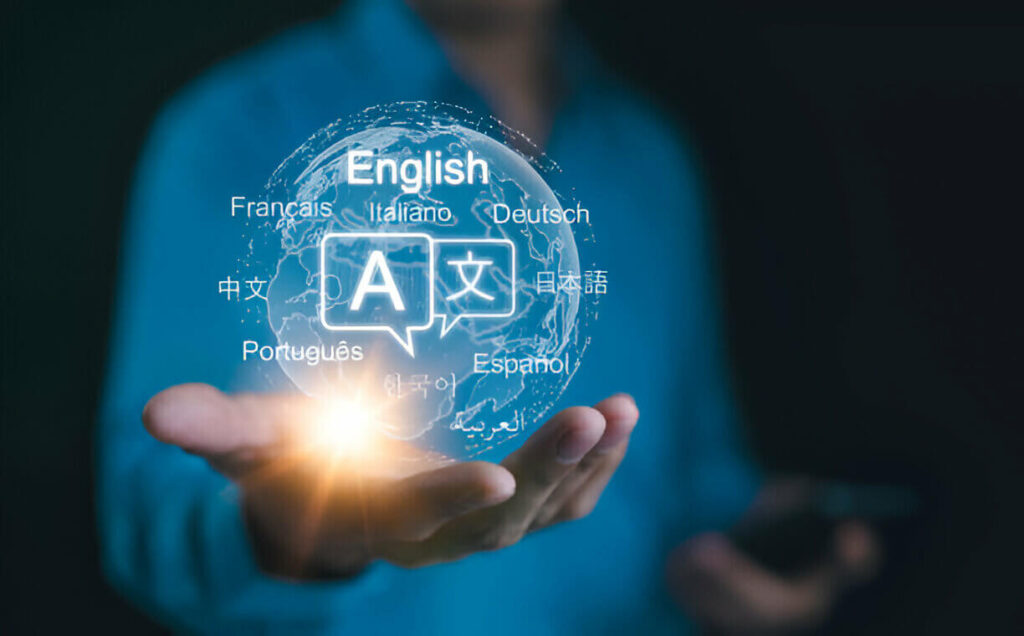
Language becomes an important part of a world driven by diplomacy, peace, partnerships, and policies. While English is often seen as the language of international communication, French continues to be a tool with a unique place and force in global affairs. More than a language, French becomes a diplomatic instrument, a legal standard, and a bridge to culture. Its influence extends from global institutions to bilateral agreements and from legal documentation to the negotiation table. For businesses, governments, and organizations, understanding and using French often involves reliable French translation services.
A Language of Global Institutions
French is being used in such organizations as the United Nations (UN), the European Union (EU), the African Union (AU), NATO, the World Trade Organization (WTO), and the International Olympic Committee, besides many other reputable as well as prestigious institutions. It is certainly not a coincidence or a historical accident; it speaks of how France is still very much significant in international diplomacy today. Clarity within legal terminology, diplomatic pronouncements, and multilateral treaties stems from the clarity of the French language. Its precision and nuance are critical in those documents where every word counts. Hence, many international institutions publish official versions of documents in French, sometimes even before their English translations.
Historical Significance That Shaped Today’s Standards
For hundreds of years, France has held a significant position in global diplomacy and foreign affairs. International treaties and diplomatic correspondence, virtually from the 17th century to the early 20th century. Even now, many international treaties and conventions have a legally binding French version. In such high-risk situations, the need for accuracy creates a demand for trusted translation agency services specializing in legal and diplomatic translation.
Essential in International Law and Agreements
French is among the official languages employed by major international legal institutions such as the International Court of Justice and the International Criminal Court. A wrong term translated in bilateral trade agreements or a ruling in court can have profound consequences. No wonder law firms, courts, and multinational bodies depend on linguists who have a good grip on both French and the target language in legal terminology.
Choosing a trusted translation agency with legal and diplomatic expertise can be a matter of strategic choice. Agencies possessing an impeccable record in international law can help in bridging language gaps while keeping the integrity of the legal texts.
Strategic Value in Diplomacy and Conflict Resolution
French is widely used as a working language at the United Nations and is often regarded as the primary language of diplomacy. Most French-speaking diplomats and officials head regional organizations or initiatives in Africa, Europe, and the Caribbean. The language further bonds diplomats, ensuring mutual understanding, especially when conflict resolution and peacekeeping mechanisms are concerned.
This collaborative atmosphere is built on the proper and efficient translation of documents, reports, and early communications, giving more reason for the continuous demand for quality French translation services.
Education, Science, and Cultural Diplomacy
French occupies an important space as an administrative language in education and scientific research. French is one of the working languages of UNESCO, whose headquarters are in Paris. Most of the academic exchanges, research, and cultural programs are held in French. France invests huge sums in cultural diplomacy, particularly through Alliance Française, which aims to promote the French language and culture worldwide. Such efforts go a long way in tightening the ties and influence that France has with the rest of the globe, particularly in emerging and underdeveloped regions.
Cultural exchange programs, joint research ventures, and education partnerships demand translation into an audience-friendly language. Here, the translation goes beyond just word-to-word correspondence; it matches tone, intent, and topicality. This again points to the need for a trusted translation agency that can understand both the content and its contextual environment.
The Future of French in Global Affairs
Looking forward, French is not dying but progressing. The growing population in Francophone Africa, combined with sustained enthusiasm for French-language education, is likely to drive an increase in French speakers over the next few decades. This growth can support the language’s ongoing impact in international relations, especially during a period when global focus is shifting toward Africa and the Global South.
At the same time, the digital age has posed new demands for speedy and accurate translation solutions. Human expertise, with the help of technology, increases efficiency and quality. The human element remains critical in any endeavor where sensitive or high-ticket content is at stake, be it for diplomatic or corporate purposes.
Conclusion
French continues to be essential in the landscape of diplomacy and translation. Its past, its legal precision, and its everywhere presence have made it paramount to every aspect of international communication. Governments, enterprises, and institutions continue to rely on French to communicate with various audiences and to tackle complex issues.
One of the foremost things that needs to be kept in mind while engaging in international business is the factor of French and quality translation. Pairing with a translation agency yields much more than correctness in language; it will involve correct interpretation of context and culture, legal sufficiency, and strategic impact.




